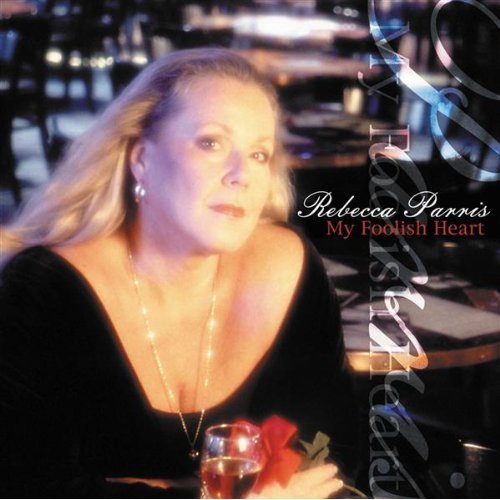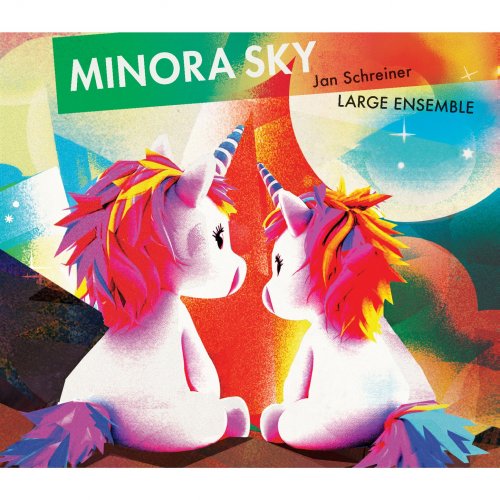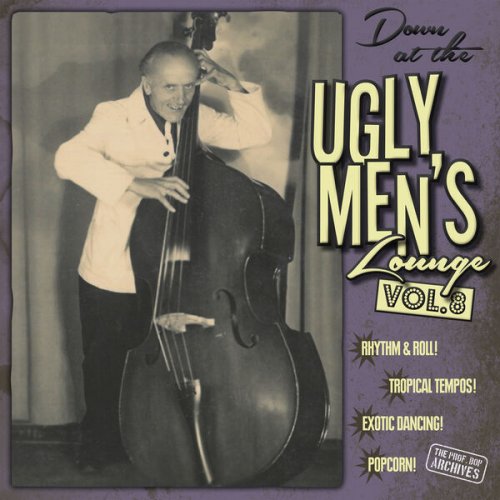Eivind Aarset - I.E. (2015) [Hi-Res]
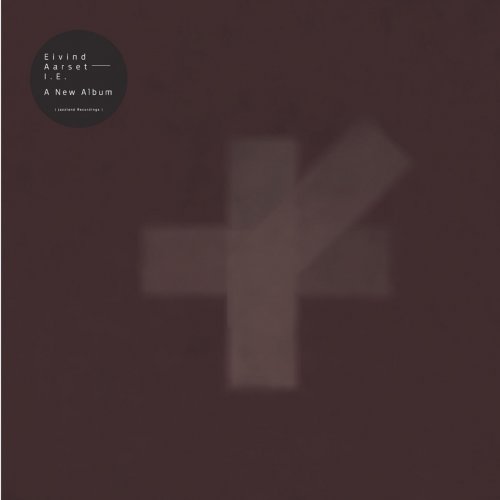
Artist: Eivind Aarset
Title: I.E.
Year Of Release: 2015
Label: Jazzland Recordings
Genre: Jazz
Quality: FLAC (tracks) [44.1kHz/24bit]
Total Time: 1:10:21
Total Size: 729 MB
WebSite: Album Preview
Tracklist:Title: I.E.
Year Of Release: 2015
Label: Jazzland Recordings
Genre: Jazz
Quality: FLAC (tracks) [44.1kHz/24bit]
Total Time: 1:10:21
Total Size: 729 MB
WebSite: Album Preview
1 Rask 05:51
2 Sakte 07:48
3 Wanderlust 12:32
4 Hidden / Feral 09:33
5 One and the Same 08:53
6 They'll Be Asked Nothing 07:22
7 Through Clogged Streets, Passed Rotten Buildings... 12:13
8 One and the Same Again 03:07
9 Return to Her Home 02:58
Personnel:
Eivind Aarset, guitar
Audun Erlien, bass
Wette Holte, drums
Erland Zahlen, drums, percussion
Eivind Aarset is a musician who has succeeded in the difficult task of creating an immediately identifiable sound and marrying it to a will to investigate as many musical possibilities as he can find or imagine. I.E. is his latest and arguably most accomplished album embodying these traits.
The nine tracks that comprise the album are often diptychs or triptychs, structured with clear movements, shifting in tone, colour and mood. Some are divided and set as way markers. And none of this is new to Aarset, yet never has it been so clearly defined.
Aarset's soundworld has always been one that could be mapped by those willing to explore it (and there are many who have, with a near-obsessive enthusiasm). Where 'Dream Logic' was something of an unexpected side-step out of the kind of sound Aarset fans had grown accustomed to, this album is equally so, yet – as usual – feels organically connected to everything he has done.
All the nuances, textures, gestures and signs that appeared on the aforementioned 'Dream Logic' remain intact here, but now nestle amid beds of the 'traditional' Aarset band sound. This fusion creates a completely new set of surprises, not only in terms of their juxtaposition, but also in terms of their sheer audacity. The result is an album that features a greater variety of sonics than any Aarset has so far released and a greater will to explore his self-creating world even further than before.
The album's recording methods and locations have been varied in numerous ways, but the majority of the album was recorded live in the studio with the basic quartet (Aarset, Erlien, Holt, Dahlen), then receiving additional overdubs (mainly from Aarset and the brass section, this latter having its arrangements created after the initial recordings). The effect upon the sound is energising, allowing a rawness to remain untouched. This decision was one that was not made based upon some whimsical fleeting notion, but rather was a well-informed choice: the groups' performances have steadily evolved a cohesiveness that can only come from extremely compatible musicians developing a full understanding and empathy with each other's playing. Aarset's Sonic Codex Quartet have ably demonstrated over and over again that they are capable of producing music that sounds equal in scale to a big band. Yet, because they are only a quartet, they are equally capable of branching the music in entirely new directions in a truly fearless and experimental manner. The addition of I.E. to their repertoire options should open entirely new ground for them to explore, giving new fans something to shout about and presenting old fans with a brand new experience they won't want to miss.
Aarset's Sonic Codex Orchestra is an organism capable of transformation, camouflage, symbiosis, and adaptation within any musical environment. It is truly multifaceted, and whether careering along a riff like an open-throttle diesel engine or gliding along gentle air currents through an ambient sky, the personality of every musician finds a place to make its mark. Of particular note are Audun Erlien's keyboard work (something for which he rarely receives enough credit, overshadowed as it is by his marvellous double-jointed grooving bass work), Wetle Holt, and Erland Dahlen's menagerie of struck instruments, particularly the dulcimers and glockenspiels that create many highlight moments here. The appearance of the full brass section, the sampling genius of Jan Bang, and the vocal stylings, hyper-elastic acrobatics and pyrotechnics of Lorenzo Esposito Fornasari, also enrich the sound deeply, creating an utterly new dimension for Aarset's sound.
Aarset's guitar remains the dominant force throughout, but never overpowers the music as a whole. His endless skill in finding the right notes to play, whether in a sparse ambient environment or a chaotic crescendo of polyphonic revelry, is a marvel to behold. I.E. marks yet another move upward in Aarset's ascent towards the summit of his powers: long may he climb!
The nine tracks that comprise the album are often diptychs or triptychs, structured with clear movements, shifting in tone, colour and mood. Some are divided and set as way markers. And none of this is new to Aarset, yet never has it been so clearly defined.
Aarset's soundworld has always been one that could be mapped by those willing to explore it (and there are many who have, with a near-obsessive enthusiasm). Where 'Dream Logic' was something of an unexpected side-step out of the kind of sound Aarset fans had grown accustomed to, this album is equally so, yet – as usual – feels organically connected to everything he has done.
All the nuances, textures, gestures and signs that appeared on the aforementioned 'Dream Logic' remain intact here, but now nestle amid beds of the 'traditional' Aarset band sound. This fusion creates a completely new set of surprises, not only in terms of their juxtaposition, but also in terms of their sheer audacity. The result is an album that features a greater variety of sonics than any Aarset has so far released and a greater will to explore his self-creating world even further than before.
The album's recording methods and locations have been varied in numerous ways, but the majority of the album was recorded live in the studio with the basic quartet (Aarset, Erlien, Holt, Dahlen), then receiving additional overdubs (mainly from Aarset and the brass section, this latter having its arrangements created after the initial recordings). The effect upon the sound is energising, allowing a rawness to remain untouched. This decision was one that was not made based upon some whimsical fleeting notion, but rather was a well-informed choice: the groups' performances have steadily evolved a cohesiveness that can only come from extremely compatible musicians developing a full understanding and empathy with each other's playing. Aarset's Sonic Codex Quartet have ably demonstrated over and over again that they are capable of producing music that sounds equal in scale to a big band. Yet, because they are only a quartet, they are equally capable of branching the music in entirely new directions in a truly fearless and experimental manner. The addition of I.E. to their repertoire options should open entirely new ground for them to explore, giving new fans something to shout about and presenting old fans with a brand new experience they won't want to miss.
Aarset's Sonic Codex Orchestra is an organism capable of transformation, camouflage, symbiosis, and adaptation within any musical environment. It is truly multifaceted, and whether careering along a riff like an open-throttle diesel engine or gliding along gentle air currents through an ambient sky, the personality of every musician finds a place to make its mark. Of particular note are Audun Erlien's keyboard work (something for which he rarely receives enough credit, overshadowed as it is by his marvellous double-jointed grooving bass work), Wetle Holt, and Erland Dahlen's menagerie of struck instruments, particularly the dulcimers and glockenspiels that create many highlight moments here. The appearance of the full brass section, the sampling genius of Jan Bang, and the vocal stylings, hyper-elastic acrobatics and pyrotechnics of Lorenzo Esposito Fornasari, also enrich the sound deeply, creating an utterly new dimension for Aarset's sound.
Aarset's guitar remains the dominant force throughout, but never overpowers the music as a whole. His endless skill in finding the right notes to play, whether in a sparse ambient environment or a chaotic crescendo of polyphonic revelry, is a marvel to behold. I.E. marks yet another move upward in Aarset's ascent towards the summit of his powers: long may he climb!
Related Release:
![William Ackerman - Past Light (1983) [1997 Japanese Edition] William Ackerman - Past Light (1983) [1997 Japanese Edition]](https://www.dibpic.com/uploads/posts/2026-02/1771702726_001.jpg)
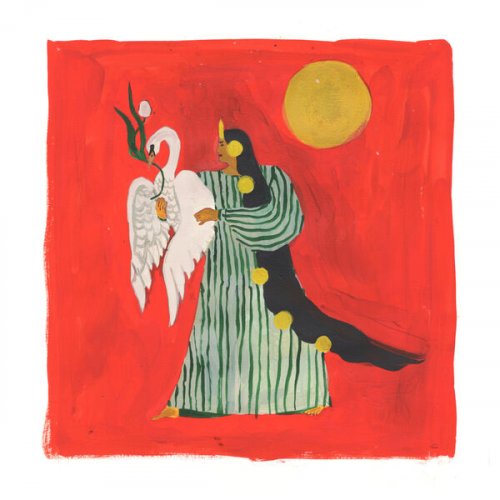
![Chris Forsyth's WHAT IS NOW - Both / And (2026) [Hi-Res] Chris Forsyth's WHAT IS NOW - Both / And (2026) [Hi-Res]](https://www.dibpic.com/uploads/posts/2026-02/1771839412_cover.jpg)
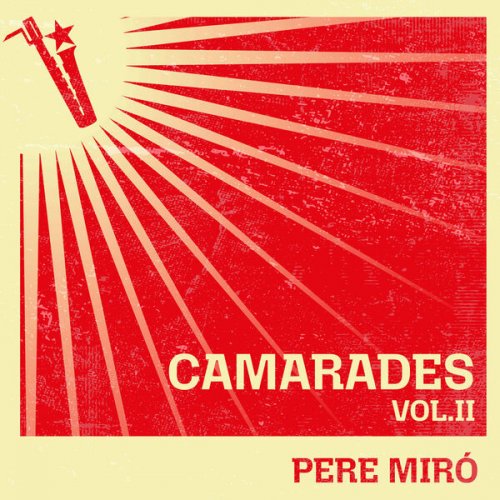
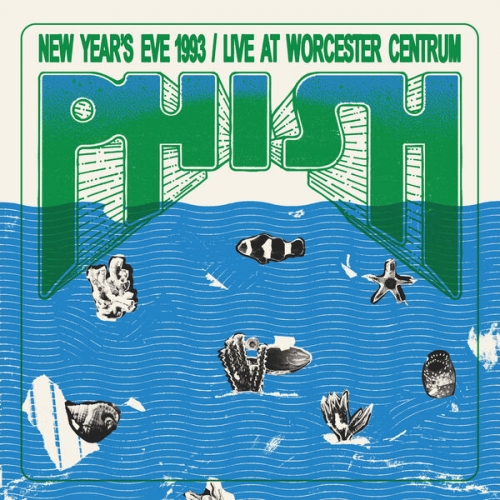
![Double Drums, Philipp Jungk & Alexander Glöggler - All You Can Beat (2026) [Hi-Res] Double Drums, Philipp Jungk & Alexander Glöggler - All You Can Beat (2026) [Hi-Res]](https://www.dibpic.com/uploads/posts/2026-02/1771946421_folder.jpg)
